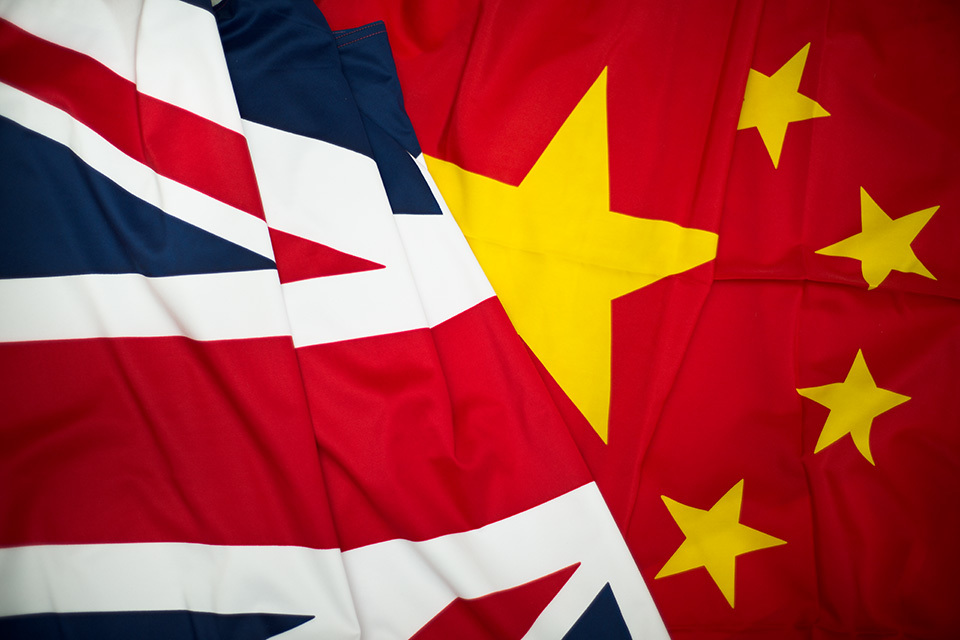Once upon a time Britain would have sent a gunboat up the Yangtze River. That would teach those Chinese a lesson. To hear some MPs talk about Beijing’s espionage activities, you would think gunboats were already on their way.
Of course, it is malicious and hurtful for a foreign state patently to hack into Britain’s Electoral Commission and target senior parliamentarians – as the government on Monday claimed China did in 2021. It is equally malicious to fabricate MPs’ emails and use a Commons researcher as an informant. No less evil is the culture of fear sown among Britain’s 150,000 Chinese students by agents of Beijing, albeit tolerated by British universities greedy for money.
How to react is another matter. Rishi Sunak was quick to the fray. “We’ve been very clear that the situation now is that China is behaving in an increasingly assertive way abroad, authoritarian at home, and it represents an epoch-defining challenge, and also the greatest state-based threat to our economic security,” he said. “So, it’s right that we take measures to protect ourselves, which is what we are doing.” That was clear. It was also ridiculous. On Sunday night, an equally absurd BBC political bubble programme, the Westminster Hour on Radio 4, seemed to regard war as at hand. MPs demanded that the deputy prime minister, Oliver Dowden, “call out China”, rather as though it had broken a Garrick Club rule. Beijing was “unacceptable”. There should be “consequences”. The Yangtze gunboat was clearing its decks.
But ahead of that, Dowden was indeed having his say. There will be a reckoning, he promised MPs, more sanctions. Iain Duncan Smith, the former Tory leader, who is said to have been targeted alongside other parliamentarians in the Inter-Parliamentary Alliance on China, was also blunt. China is not just a challenge to us, he said. It must be framed as a threat. “As they grow in power and potency, we are shrinking before them,” he said.
Still, I doubt if this gets even a news-in-brief in the People’s Daily. Britain’s parliament cannot be a big deal in the hierarchy of Beijing security. The fulminations of Duncan Smith will hardly have had the People’s Liberation Army straining at the leash. It is sound and fury, much like at the 2008 Beijing Olympics, when any British minister meeting a Chinese host was told always “to raise issues concerning Uyghur human rights”. A Chinese acquaintance told me it became comical, “like the Brits saying grace or asking about the weather”.
British diplomacy still exists in a mist of lost imperial power. China, meanwhile, is expanding its global influence exactly as the west once did. Its Belt and Road Initiative (BRI) now extends across Asia, Africa and Europe. Its investments have advanced China’s interests but also the lives of those it assists. BRI has, incidentally, been much to the gain of the City of London, in construction, banking, insurance and professional services. Realpolitik is how it works. The fate of the Uyghurs never stopped David Cameron and George Osborne begging for Chinese cash for power stations and railways; business was business.
Today the world’s relations with China are in one area crucial. That country is responsible for more than a quarter of the world’s greenhouse gas emissions, and rising. Britain is now actively participating in China’s proposed “greening” of its BRI programme, which is largely about infrastructure. Given that a third of all greenhouse gas emissions are from construction – a fact still ignored by British planning policy – this collaboration with China is central to fighting the climate crisis. It is not about diplomatic posturing. It is about something essential.
The reality is that all states spy on each other, mostly to no effect and at vast cost. Nothing justifies hacking other people’s emails, but a helping of public outrage and a few Chinese diplomats sent packing should be enough to restore Westminster’s machismo. It is also clear that international action is needed to police the darker regions of the digital universe, where the entire world is wandering without a candle.
But, for all these concerns, a sense of proportion remains the hardest but most necessary quality to maintain in international relations. We are told daily that global heating is the greatest threat now facing the world. Unless that applies only before lunch, then it should surely lie at the centre of all relations with China.
Simon Jenkins is a Guardian columnist
theguardian.com

